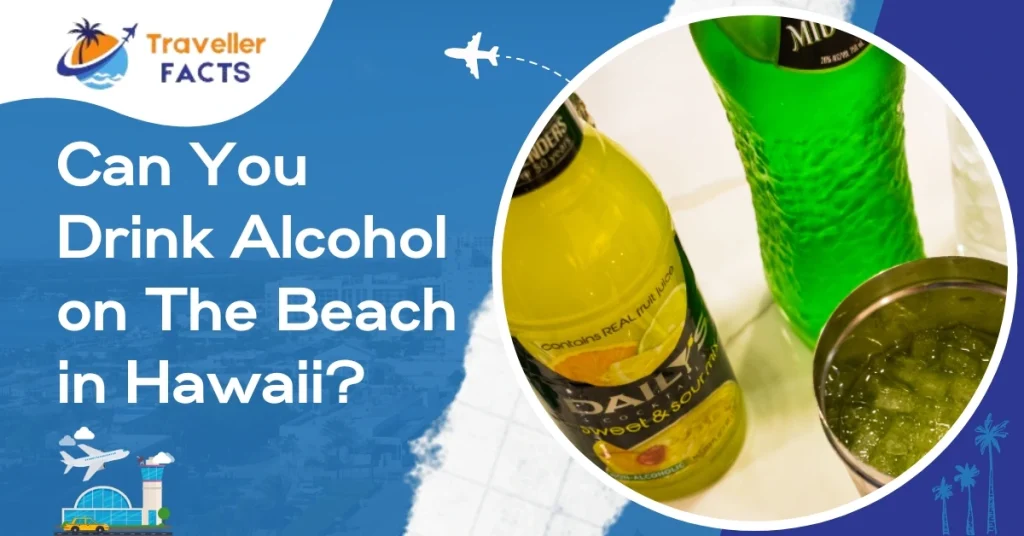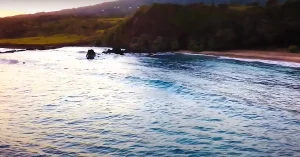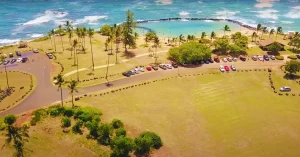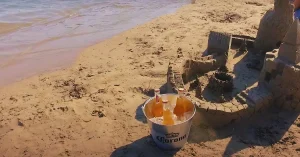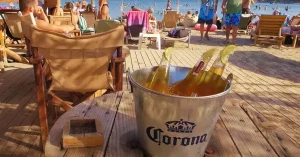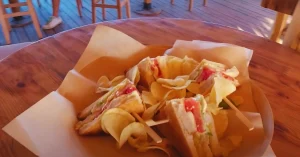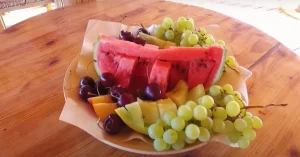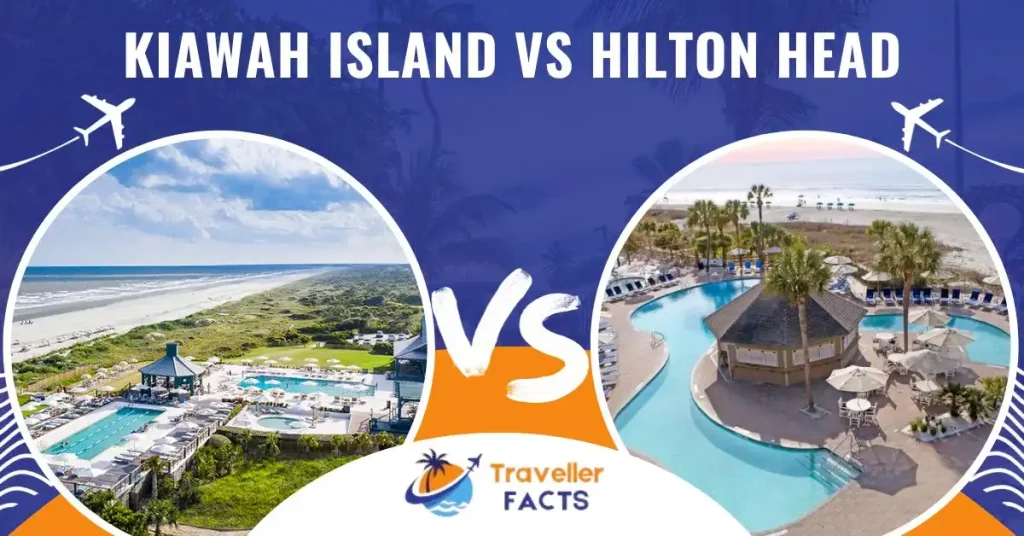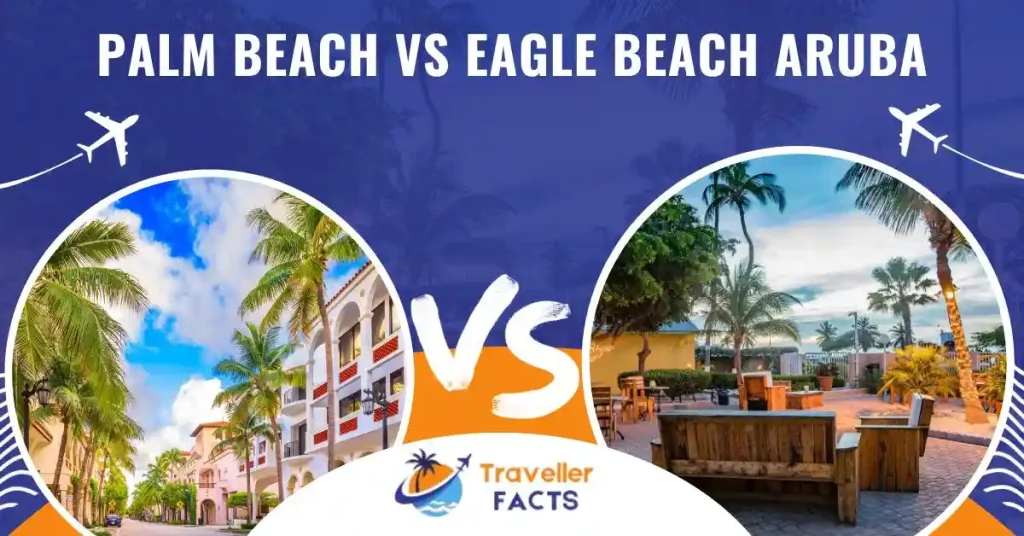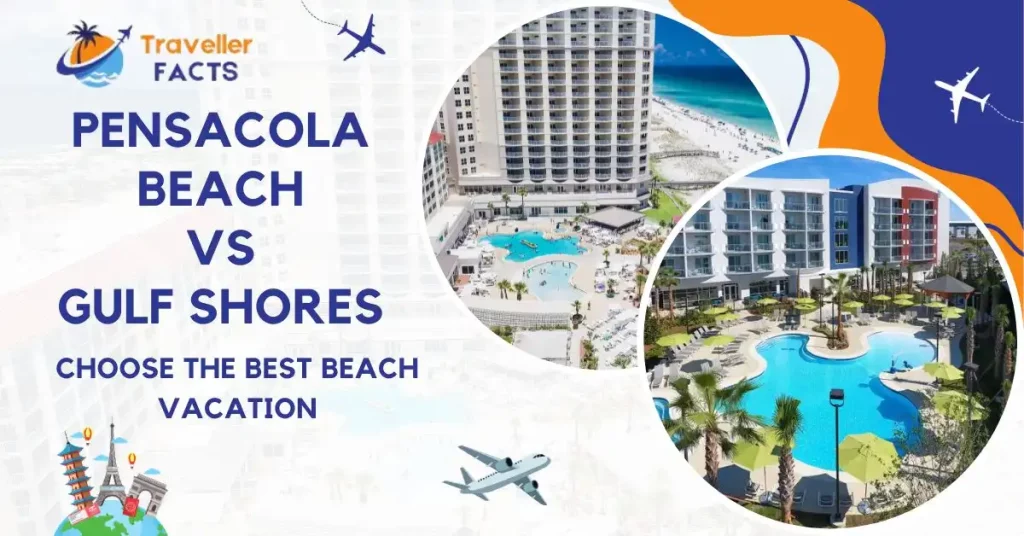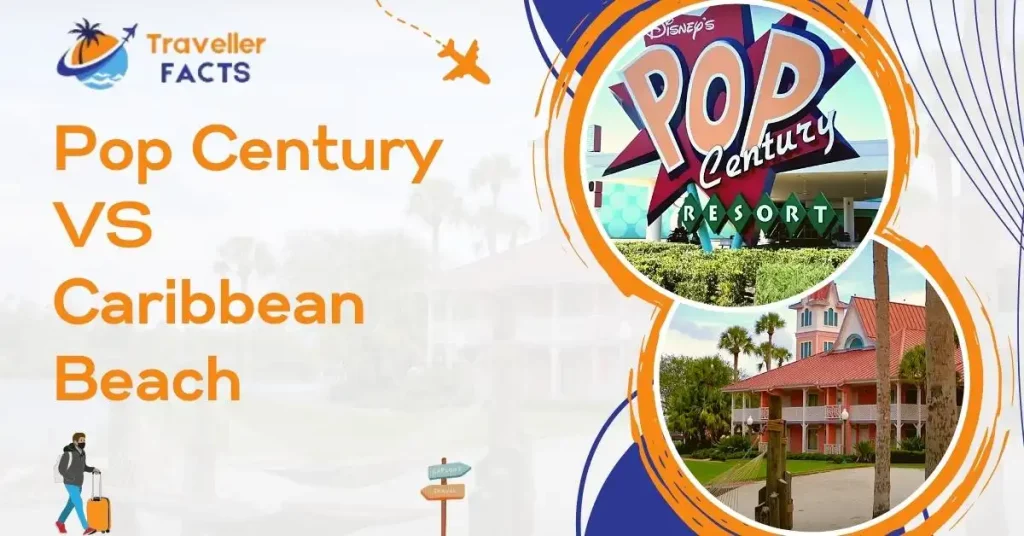No, you can’t drink alcohol on the beach in Hawaii. Alcohol consumption and open liquor containers are banned on public beaches across Hawaii, including Oahu, Maui, Kauai, and the Big Island. Violating this law can lead to fines and potential imprisonment.
While the enforcement of these laws may vary. Though consuming alcohol on the beach remains a risk, and being apprehended could result in receiving a citation or a court appearance.
Join us in Hawaii’s tropical paradise and let’s explore Can You Drink Alcohol on The Beach in Hawaii while basking in the sun and surf!
Is Beachside Drinking Legal in Hawaii?
Beachside drinking in Hawaii is generally illegal. Open alcohol containers are strictly banned in public areas like beaches, parks, sidewalks, and streets, despite discreet consumption attempts.
Hawaii’s strict regulations extend to public school grounds, motor vehicles, and state parks.
Even the act of walking to the beach with alcohol in hand is considered unlawful. The Hawaiian State Department of Health and various county codes enforce these restrictions.
Violations, especially for drivers with open containers, can lead to hefty fines, making it one of the costliest offenses.
These laws are not always vigorously enforced, they caution against assuming that beachside drinking is legal. The cultural emphasis on personal responsibility and respect for the community often results in moderate alcohol consumption on the beach. But this does not change the legal prohibition.
Bonus Tips: Myrtle Beach is also a very popular tourist attraction. This place has also some laws about drinking alcohol. Can you drink on Myrtle Beach is a very common and essential question to know for your better trip.
Is Open Alcohol Container Permitted in Hawaii?
Open alcohol containers are generally not permitted in Hawaii, both in vehicles and public spaces, including beaches and roads. The state enforces strict regulations to curb open container use.
In vehicles, possessing or storing open alcohol containers on public streets is prohibited. Passengers with open containers may face fines of $200 to $300, while drivers could be fined over $1,000.
An open container is defined as one with a broken seal or missing contents, unlike its original state from delivery.
Hawaii’s open container laws apply to drivers and passengers for accessible containers, like the console compartment and glove box. Alcohol stored in the trunk of the vehicle is an exception.
Violations can result in fines up to $2,000 for drivers and up to $1,000 for passengers, plus potential 30-day imprisonment.
Public spaces, such as beaches, also adhere to strict regulations. You can transport unsealed alcohol, but breaking the seal or drinking on the beach is not allowed.
Open alcohol containers are only allowed in private or licensed establishments like bars and pubs.
Trying to drink or open alcohol on the beach can lead to questioning by law enforcement and drink confiscation.
Fines and immediate eviction from the area are also possible consequences. Hawaii’s open container laws are among the strictest in the US, emphasizing the need to follow them for public safety.
There are limited exceptions, such as registered “for-hire” vehicles and RVs, but these exceptions should not be misconstrued as permitting open containers. Even in these cases, consuming alcohol within the vehicle remains prohibited.
Carolina Beach is also a very popular destination. Anyone can express their interest to drink in a beautiful beach. But, can you drink alcohol on Carolina Beach? There are some strict rules and regulations about drinking on the beach.
What are Hawaii’s Beach Alcohol Laws?
Hawaii’s beach alcohol laws are stringent, targeting alcohol consumption in public spaces, notably on beaches. Numerous laws and codes maintain order and safety in public areas, curbing excessive drinking on Hawaii’s stunning shores.
Maui County Code 13.04.040(B): This county code prohibits the consumption of alcohol in public parks throughout Maui. This includes picturesque beaches and recreational facilities. The law extends to the vicinity of schools as well, ensuring that no alcohol consumption takes place in these areas.
Hawaii Administrative Code 13-146-25: This administrative code extends the restriction to state parks, including beaches. It is unlawful to have alcohol on your person in any state park, making beachside drinking illegal within these locations.
Hawaii Revised Statute 291-3.3(b): This statute focuses on public lookouts, and it strictly prohibits the consumption of alcohol on beaches near these lookouts. It aims to maintain the peace and safety of these areas, discouraging any form of public alcohol consumption.
Hawaii Revised Statute 281-78: For those adventurous souls walking along the roads of Maui, this statute is crucial to understand. It forbids the consumption of alcoholic beverages, emphasizing that such actions are illegal when walking on the roads of Maui.
Maui County Code 8.21.010: This code pertains to parking lots in Maui. It’s illegal to drink alcohol in these spots, even when waiting in a hot parking lot, making it strictly prohibited.
Bonus Tips: Destin is a very popular tourist destination in summertime. This destination is mainly popular for family vacations. So there are strict rules about the consumption of alcohol on beaches or public places. So, can you drink on Destin Beach?
The Alternative of Alcohol in Hawaii Beaches
The alternative to alcohol on Hawaii’s beaches is a vibrant array of non-alcoholic beverages and engaging activities.
Fresh Tropical Drinks: Hawaii offers an abundance of non-alcoholic options, from fresh pineapple juice concoctions to coconut water. These tropical delights have been enjoyed for generations, providing a refreshing and authentic taste of the islands.
Awa (Kava): This ceremonial drink, often served in social gatherings, is an ancient tradition in Hawaii. Non-alcoholic ‘awa provides a culturally significant alternative for those seeking a local experience without consuming alcohol.
Non-Alcoholic Spirits: Those wanting alcoholic flavors without alcohol can explore non-alcoholic spirits like Ghia, Gnista, Optimist, and Proteau. These options cater to those seeking a sophisticated drinking experience without the intoxicating effects.
Hydration with Water: Given the warm Hawaiian climate, staying well-hydrated is crucial. Water is an excellent alternative to alcohol, ensuring that beachgoers remain refreshed and hydrated in the hot sun. It’s a healthy choice to keep you energized and comfortable throughout the day.
FAQs
How Strict is Hawaii on Drinking?
Hawaii is a very drinking-friendly place but you can not consume alcohol on any beach. You can buy alcohol at various stores until 11:00 p.m., as most stop sales then. Bars, restaurants, and clubs generally cease alcohol service at 2:00 a.m. But some with “cabaret licenses” can serve until 4:00 a.m. for those seeking late-night enjoyment.
Can You Drink Beer on Waikiki Beach?
Drinking alcohol on the beach is not allowed. Yet, there are bars and restaurants nearby offering beachside outdoor seating. Another option is to book an overnight cruise for alcohol-related festivities.
Can you smoke on the beach in Hawaii?
Although smoking bans are typically upheld on Hawaii’s public beaches, there are a few exceptions worth noting. Certain locations may offer designated smoking sections or areas, but these options are limited and not guaranteed on all beaches.
Conclusion
Now you know that Can You Drink Alcohol on The Beach in Hawaii. So, alcohol is typically prohibited on Hawaiian beaches to preserve their natural beauty and safety. Visitors should stay informed of beach alcohol rules to ensure a trouble-free,
enjoyable experience in Hawaii.

